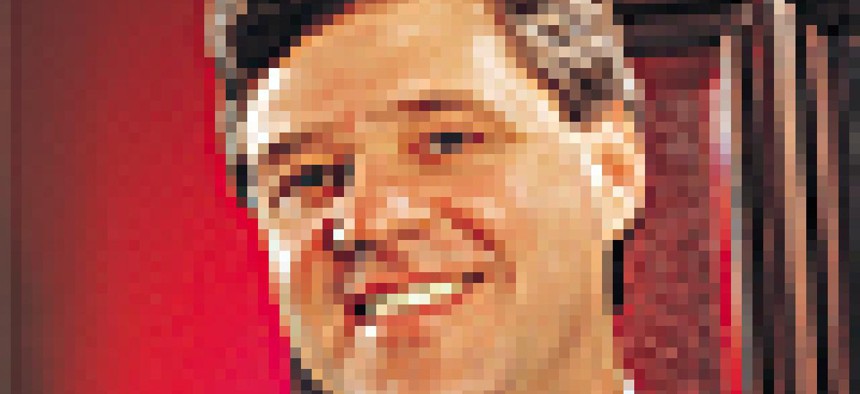Infotech and the Law

Most people would assume that if they walk into a store and buy a copy of a widely available software application and a book about that application, they would have the same right to give or sell the software and the book to another without obtaining the permission of either publisher.
By Jonathan CainMost people would assume that if they walk into a store and buy a copy of a widely available software application and a book about that application, they would have the same right to give or sell the software and the book to another without obtaining the permission of either publisher.Not according to the U.S. Court of Appeals for the Federal Circuit, which recently strengthened the hand of software copyright owners in the post-sale control of copies of their software products.The court concluded that traditional objective tests of ownership of copies of works protected by copyright do not govern the ownership of copies of software. The court looked solely to the terms of a copyright license agreement that accompanied the software to determine who owned the copy.The decision mixes issues of copyright licenses and ownership of copies in a way that will lead to confusion and unanticipated consequences.The case arose when a manufacturer of digital circuit cards reverse-engineered the circuit cards used in a digital switching system manufactured by another company. The system seller sued the card manufacturer for contributory copyright infringement, claiming the after-market cards illegally copied the system software during their boot-up procedure in violation of the system software license agreement.The card manufacturer successfully defended the claim in the trial court, which dismissed the copyright infringement claim after finding the buyers of the system were owners of copies of the system software.The trial court further ruled that, under section 117 of the Copyright Act, it was not an infringement for an owner of a copy of a computer program to make a copy of the program because the copy was made as an essential step in the use of the program. In other words, it is not copyright infringement to copy software into system memory in order to use the program if you are the "owner of a copy" of the program.On appeal, the court held that the Copyright Act does not define an owner of a copy, leaving that to long-established common law rules that govern the ownership of all kinds of personal property.Traditional property law looks to such things as whether the owner acquired the property in a single transaction with a single payment, whether he obtained the right to possession for an unlimited period, and whether the owner had continuing duties to the seller in order to maintain possession. Property law always has looked to such objective criteria to distinguish, for example, sales from leases of personal property. If the criteria are met, then the party acquiring the property is an owner and is free to transfer his property interest to another.The Federal Circuit departed from this traditional property analysis in the case of the ownership of copies of computer programs. It ruled that the terms of the license agreement under which the user obtained rights to use the copyright trumped the indicia of ownership when it comes to deciding who owned copies of the programs.If there is a written license agreement governing the transaction that purports to give the recipient of the copy something less than full ownership interests in the copy, the court will not recognize the recipient of the copy as the owner. This holds even if the other indicia of the transaction establish that the recipient bought the copy subject to the copyright.The fact that the copy may have been acquired with all of the objective characteristics of ownership notwithstanding, if the agreement gives the owner something less than full ownership, he is not an owner. In the case before the court, that meant that the possessor of the copy did not have the protections of section 117.The principle will have other consequences as well.A significant difference between the owner and the mere rightful possessor of computer programs is that an owner has the right to pledge his property as collateral, while a mere possessor either lacks the right or the right has no value as collateral.It is rare today that large software acquisitions are not made as part of lease transactions or are not financed in a transaction where the lender's collateral includes the copies of software.Losing this collateral from the ownership of software copies may well inhibit the availability of financing needed to acquire that software.The Federal Circuit clearly took a significant policy step to enhance the rights of software publishers. Its decision was not required by the law and is actually contrary to the common law rules that have governed such transactions in most states.The results of this decision will not be felt widely in the immediate future because the court was ruling issues over which it does not create binding precedent in other courts. But it will exert influence, if only to embolden those whose interests were enhanced by the decision.Jonathan Cain chairs the Technology Practice Group of Mays & Valentine LLP, McLean, Va. His e-mail address is jcain@maysval.com.


Jonathan Cain
NEXT STORY: Capital Roundup

